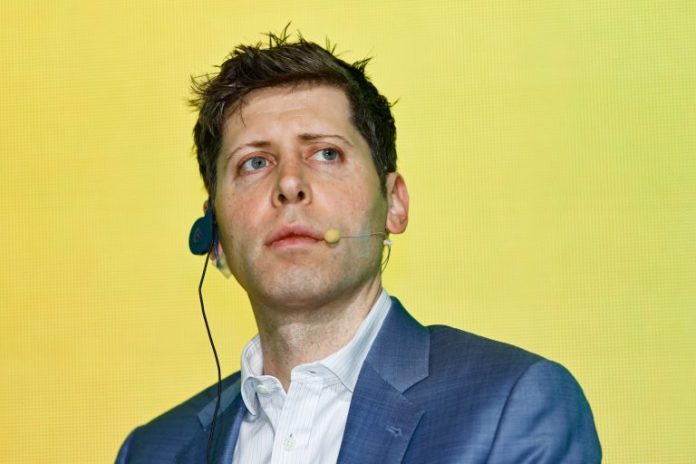The legal war between Elon Musk and OpenAI just took a new twist as twelve former employees of the AI powerhouse have stepped forward to support Musk’s lawsuit. Filed in a California federal court, these ex-staffers are seeking to provide input via an amicus brief—commonly referred to as a “friend of the court” filing—through their attorney, Harvard law professor Lawrence Lessig.
At the heart of the conflict is Elon Musk’s claim that OpenAI, along with its CEO Sam Altman, has betrayed the company’s founding mission. Originally established in 2015 as a nonprofit, OpenAI promised to develop artificial general intelligence (AGI) for the benefit of humanity—not private profit. Musk’s lawsuit accuses the company of abandoning this vision and putting corporate interest above the global good.
In response, OpenAI recently countersued Musk, accusing him of waging a “bad-faith” campaign to damage its business and slow its progress in AI. The company claims Musk’s motivations are tied to his own AI venture, xAI, and says he aims to control the future of AI for personal gain.
The former employees’ amicus brief is filled with serious accusations. One of the most explosive claims comes from Todor Markov, now a researcher at rival AI firm Anthropic. In a three-page sworn statement, Markov labels Sam Altman as a “person of low integrity” and accuses him of lying to employees, especially about secretive non-disparagement agreements that departing staff were forced to sign. He alleges that Altman’s lack of transparency extends to deeper organizational issues, including OpenAI’s sincerity about its commitment to safety and ethics.
Markov didn’t hold back. He says the company’s much-celebrated charter—meant to guide AGI development responsibly—was simply a “smokescreen” to attract idealistic talent while pursuing unchecked growth. The organization’s decision to transition into a public benefit corporation, which allows for-profit operations under nonprofit oversight, only solidified his belief that its original mission had been compromised.
Despite the firestorm, OpenAI has denied deviating from its mission. In a public statement, the company reaffirmed that its nonprofit structure remains intact and that converting its for-profit arm into a public benefit corporation aligns it with other respected AI labs like Anthropic and xAI.

Interestingly, Markov also revealed a personal conflict. Although he supports Musk’s lawsuit on principle, he admitted it could hurt him financially. A significant portion of his savings is tied up in OpenAI equity—meaning a successful lawsuit could reduce the value of his holdings.
Alongside Markov, eleven other ex-OpenAI staffers—most of them researchers and policy experts focused on AI safety—joined the filing. They include names like Steven Adler, Rosemary Campbell, Richard Ngo, and Carroll Wainwright II, among others.
Whether the court accepts the brief remains to be seen, but if it does, it could greatly influence how U.S. District Judge Yvonne Gonzalez Rogers approaches this high-profile case. With billions of dollars, company reputations, and the future of AI ethics at stake, the battle between Elon Musk and OpenAI is far from over.



